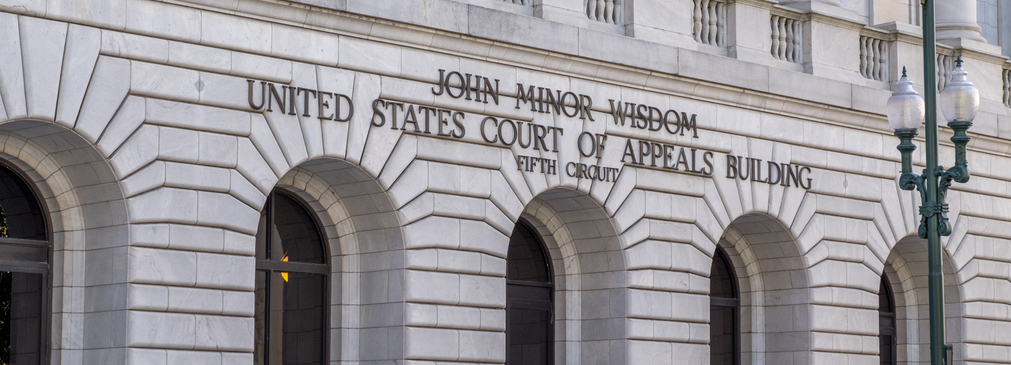After losing a case, the losing party can sometimes appeal their case to a higher court. This is to have the higher court review the case for potential legal errors. Working with an experienced appeals attorney is paramount to help you stand for your case and receive the compensation you deserve. At LJW Legal, our lawyers will help you prepare for trial appeals, so you know exactly what to expect from every step of the process.
What’s an Appeal?
An appeal is a request to have a higher court review the lower court’s decision. In an appeal, the court reviews the record made in the trial court. Keep in mind that nothing new can be added to the record. Even though people refer to them as trial appeals, an appeal is not a trial. The main purpose of an appeal is to show the higher court the errors made by the lower court and requesting these to be reversed.
To make things more precise, it’s essential to understand that an appeal is not:
- A new trial;
- A new hearing with witnesses and a jury;
- An opportunity to present new evidence;
- A way to avoid complying with the trial court’s order.
What Judgments Can Be Appealed?
In most cases, only final judgments can be appealed. Final judgments are meant to dispose entirely of the case, leaving no more issues for the court to decide. All losing parties in civil matters, as well as all criminal defendants, have the right to appeal a judge or a jury’s verdict against them.
However, criminal prosecutions may not appeal a verdict in favor of the defendant, since to appeal a decision of “not guilty” would indeed violate the Double Jeopardy Clause of the United States Constitution. This clause states that no person shall be held to answer for a capital or infamous crime, unless on an indictment of a Grand Jury.
What to Expect?
There are several steps your lawyer will walk you through to prepare for an appeal. Even though your lawyer will be the one doing most of the work, at LJW Legal, we believe in informing our clients of every step of the process so they can feel calm and comfortable throughout.
Record Preparation
To start, your lawyer will prepare the booklet that includes all the documents the appeals court needs to evaluate what happened in your case. This record consists of a transcript of the trial or the hearing of your case, a written transcript of everything the witnesses, the judge, and what the lawyers said in the courtroom, or a recording of the trial.
Briefing
Once that booklet is filed in the appeals court, then a brief needs to be filed in the same court. In this new brief, your lawyer explains the different arguments to sustain the claims that there are errors with your case and asking the court of appeals for some relief for you. Such relief is either a new trial or at least a new sentencing hearing. Keep in mind, the other party will also have a chance to file a brief, arguing there were no mistakes made in your case.
Oral Argument
At this point, the court of appeals will decide whether or not you’ll get an oral argument for your case. This argument is open to the public, yet no witnesses or evidence will be presented. Instead, this is your lawyers’ opportunity to explain to the judge why you deserve a relief in your case. Having an experienced lawyer by your side is critical, as it is at this point the other party will fight back arguing that there were no mistakes made and you don’t deserve a relief.
After the oral argument, the court of appeal will issue a written decision, often called the “opinion” either granting or denying your lawyer’s appeal.
Other Things to Know about Trial Appeals
While trial appeals can be a stressful situation for a plaintiff, keep in mind that only your lawyer can take part in it. Here is where hiring a talented legal team is critical for your case. Appeals depend solely on the expertise of your attorney, as they’re the ones writing the records, the brief, and explaining to the appeals court exactly why you should be granted relief. At LJW Legal, our attorneys will always recommend filing for an appeal when they believe a mistake has been made and you deserve a different ruling.

